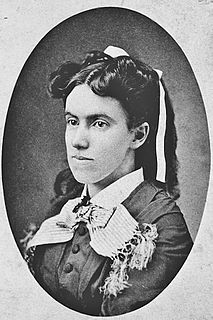A Quote by Pope Benedict XVI
The Jesus of the Gospels is surely not convenient for us.
Quote Topics
Related Quotes
I think the best thing a person can do is to read through the Gospels in the Bible and really look at Jesus, because if a person does this, they will realize that the Jesus they learned about in Sunday school or the Jesus they hear jokes about or the skinny, Gandhi Jesus that exists in their imaginations isn't anything like the real Jesus at all.
I once heard a theologian remark that in the Gospels people approached Jesus with a question 183 times whereas he replied with a direct answer only three times. Instead, he responded with a different question, a story, or some other indirection. Evidently Jesus wants us to work out answers on our own, using the principles that he taught and lived.
All archaeologists in Israel and Palestine make use of the New Testament Gospels. They do this because the Gospels exhibit verisimilitude. In short, the Gospels help archaeologists know where to dig and they help archaeologists understand what they unearth. The 2nd-century Gospels and Gospel-like writings rarely exhibit verisimilitude, so archaeologists rarely appeal to them.
I am a Jew, but I am enthralled by the luminous figure of the Nazarene. Jesus is too colossal for the pen of phrasemongers, however artful." He further added: "No man can read the gospels without feeling the actual presence of Jesus. His personality pulsates in every word. No myth is filled with such life...Theseus and other heroes of his type lack the authentic vitality of Jesus.
The early Christians' opponents all accepted that Jesus existed, taught, had disciples, worked miracles, and was put to death on a Roman cross. As in our day, debate and disagreement centred largely not on the story but on the significance of Jesus. Today nearly all historians, whether Christians or not, accept that Jesus existed and that the gospels contain plenty of valuable evidence which has to be weighed and assessed critically.




































